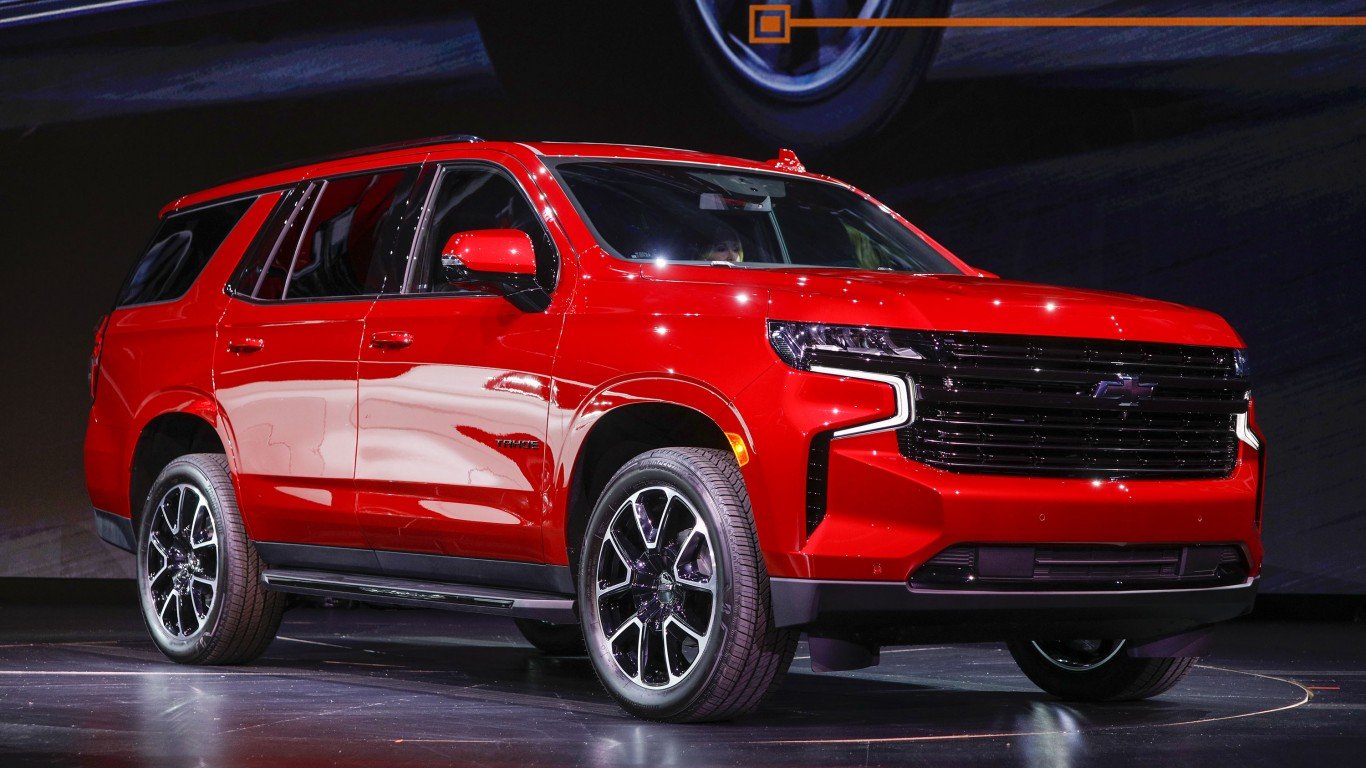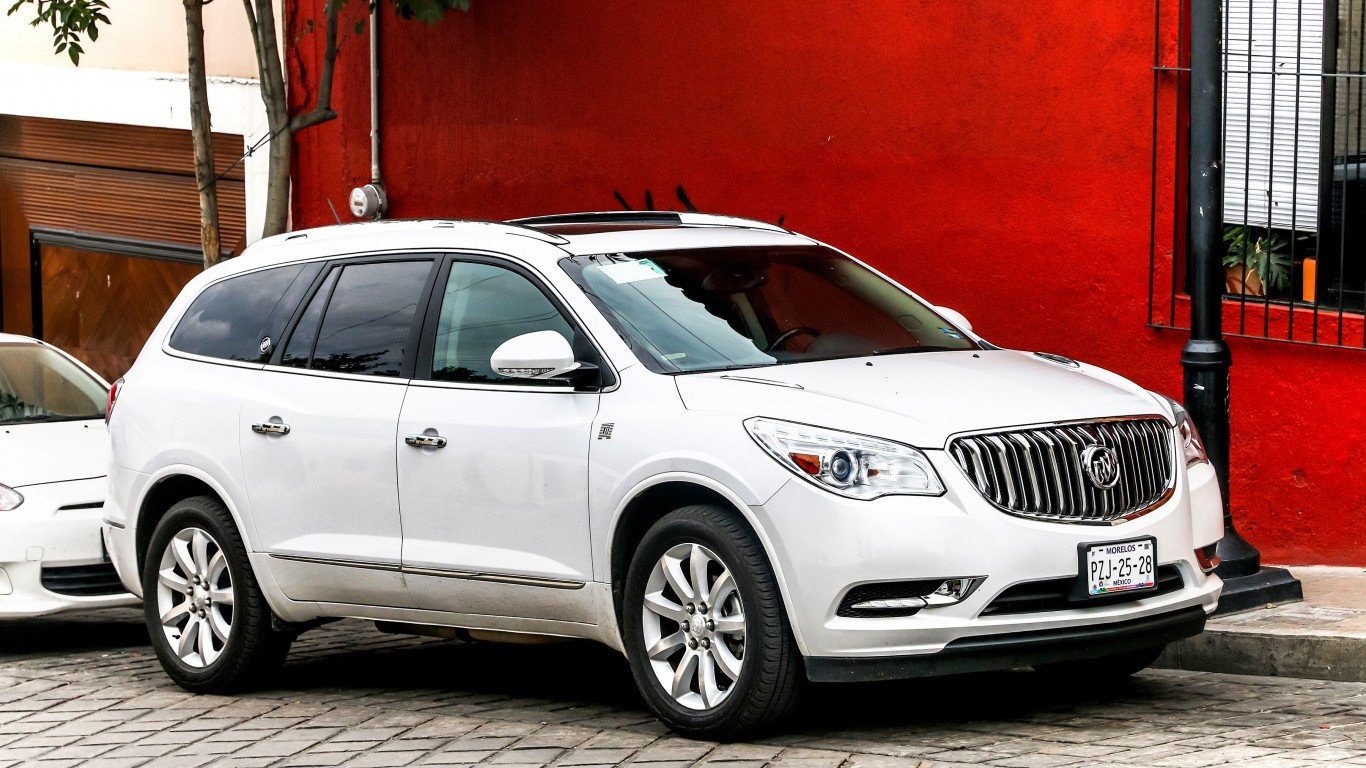 The latest JD Power new vehicle survey, the Miss America pageant of the auto industry, showed the quality of US cars closing the gap with Japanese models to the point where the difference is nearly meaningless. This accomplishment comes as the fall of Detroit is nearly over and foreign car companies are likely to build more vehicles per year in the US than domestic companies for the first time in history.
The latest JD Power new vehicle survey, the Miss America pageant of the auto industry, showed the quality of US cars closing the gap with Japanese models to the point where the difference is nearly meaningless. This accomplishment comes as the fall of Detroit is nearly over and foreign car companies are likely to build more vehicles per year in the US than domestic companies for the first time in history.
Toyota (TM) kept its crown as the car brand with the fewest defects. Lexus, the company’s luxury division, had only 84 problems per 100 vehicles, the survey of 80,000 owners showed when they were asked about their experience with their new cars in the first 90 days after purchase. The average car has 108 problems. Cadillac ranks third among all nameplates. Ford (F) and Chrysler both had vehicles that made the upper tier of the list.
Quality has gone, for the most part, from being a distinguishing characteristic for Japanese cars to being a marketing opportunity for American auto companies. There is still some shame in saying that a GM vehicle is just as good as its Japanese competition. Japanese companies have other advantages now. Quality is not as critical as it once was for them when import vehicles still had a modest share of the domestic market.
The biggest change in the American car market in the last two years, after the unprecedented plunge in sales, is that it was not American any more. That is about to change even more radically. Consulting firm Grant Thornton says that European and Asian car companies will build more cars in the US than The Big Three will in 2012.
It would be convenient to look at the JD Power data and say that the American car companies finally have a chance to fight back in the market share battle against foreign car firms, especially the Japanese. There is, in reality, no chance of that. As Detroit was dismantled, enough production capacity and product development budgets were destroyed to make it certain that American car companies could no longer have larger product line-ups than their peers. Toyota and Honda (HMC) will have car and truck offerings roughly as broad as GM and Ford. The Ford brand is down to three nameplates: Fusion, Mustang, and Taurus. Toyota has seven.
The calculus of the domestic car business for American companies has come down to a terrible equation: Detroit cannot sell what it cannot make.
The government’s decision to downsize the car industry has produced a situation in which hundreds of billions of dollars in revenue over the next decade will be lost in this sector. The US market will only produce 10 million vehicle sales this year. That may never rebound to the 16 million level of four years ago, but a percentage point of a 14 million-a-year car industry is worth $3.5 billion based on an average sales price of $25,000 per vehicle. Shrinking Detroit will take away much of its capacity to compete across each niche in the market. American car company domestic market share has already dropped to close to 50%. A loss of another 5%, which could happen fairly quickly, moves almost $18 billion in revenue from the US firms to those based overseas.
The government’s response to any criticism of the size of the cuts it mandated in Detroit is that the bailout of the industry was getting too expensive. The Treasury’s action will almost certainly end up having been too cheap. Since taxpayers will own a reasonable part of The Motor City, it would be a reasonable goal to buy them a piece of something that might grow and not a set of businesses that will be constantly under siege from larger competition. The marginalization of the American car industry has nearly been assured by the modest size of the government’s investment. Toyota reached the point, during the last decade, where it could outspend GM in every category from marketing to development to manufacturing. GM will be so small at this point that it is hardly worth mentioning the two companies in the same breath.
Product quality has become essential for high-end, niche luxury companies like Porsche, BMW, and Mercedes. GM, Ford (F), and Chrysler are not brands that are associated with the high end of the market and it would take years to change that if it could be changed at all. That means that Detroit is left to compete in the large and crowded middle part of the market where the elbows are sharpest and the chances of success are based on size as much as quality.
Douglas A. McIntyre
Sponsored: Want to Retire Early? Here’s a Great First Step
Want retirement to come a few years earlier than you’d planned? Or are you ready to retire now, but want an extra set of eyes on your finances?
Now you can speak with up to 3 financial experts in your area for FREE. By simply clicking here you can begin to match with financial professionals who can help you build your plan to retire early. And the best part? The first conversation with them is free.
Click here to match with up to 3 financial pros who would be excited to help you make financial decisions.
Thank you for reading! Have some feedback for us?
Contact the 24/7 Wall St. editorial team.



